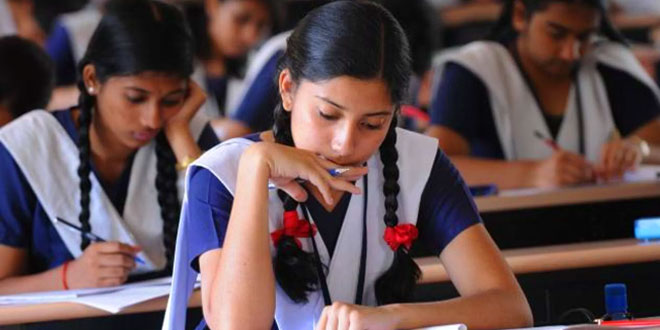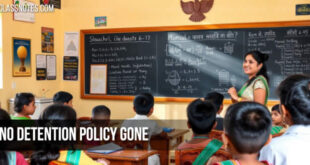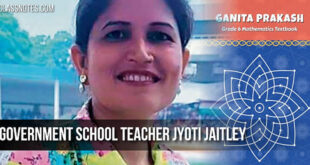Emphasis will be laid on helping the students fine-tune their critical thinking abilities and encourage them to think out-of-the-box.
Board examinations are known to give sleepless nights to students and parents alike. In an attempt to ease some of that stress, the Central Board of Secondary Examination (CBSE) is planning on implementing the following changes.
1. Change in the exam pattern
One of the criticisms faced by the board is that the examination pattern is based on rote learning and not on any actual understanding of the subject.
To change this, the exam pattern from 2020 will test students on their analytical abilities, considerably reducing the scope of rote learning.
According to a report published in Business World, a senior official of the Human Resources Department Ministry, said, “The questions will focus more on problem-solving, with more short questions carrying one to five marks.”
Emphasis will be laid on helping the students fine-tune their critical thinking abilities and encourage them to think out-of-the-box.
2. Change in the exam schedule and result declaration
To help students apply for both domestic and international colleges and universities in advance, the CBSE is planning on conducting the examinations earlier, that is in March. Following this, the results too will be declared accordingly.
According to a report published in the Economic Times, an official from the department, said, “The exams for vocational subjects, where the number of students is significantly lower, can be conducted in February, so that the exams for other subjects can be completed in around 15 days in the month of March.”
3. Amendment and changes to the CBSE bylaws
If the amendments get implemented, CBSE schools must ensure that besides good infrastructure, they must also get competent teachers, and follow appropriate teaching methodologies and pedagogy as well.
With the help of the various state agencies, the board also will be conducting audits and checks on the existing schools to ensure that all safety measures and processes are followed.
4. Change in the passing criteria for class 10
With over 10 lakh students slated to appear for the class 10 examinations in 2019, these changes will have far-reaching consequences. According to the new rules, students will now have to secure 33 per cent marks separately, for theory as well as internal assessments, to pass.
This means that students must now score a minimum of 27 marks in an 80 marks board examination and a minimum of 7 marks in the internal assessment of 20 marks.
5. No homework and no school bag
The board has instructed all its affiliate schools that students who are in grades 1 to 3 should not be given any homework nor be made to carry a school bag.
While on paper, this instruction sounds good, schools across the country find it difficult to implement it, given the parental pressure on schools to up the pace.
This is one suggestion of the board that remains on paper.
6. Two math papers from 2019
Come 2019, there is a possibility that CBSE will give two options to students appearing for the class 10 examinations – the standard level and the existing level.
While the syllabus for both would remain the same, students would be examined at two different levels so that those not keen to pursue mathematics for higher studies can answer a simpler question paper.
This development will be evaluated, following which, a similar option may be extended to students appearing for the class 12 examinations as well.
7. Mainstreaming health and physical education
To ensure a holistic development for the child, the CBSE has decided to provide a focused curriculum for health and physical education. This programme will be compulsory for all students. Each day, one period is to be kept aside for health and physical education, especially for students from classes 9 to 12.
8. No more than 40 students to a class
The ideal class size is one in which there are no more than 30 students in a class. However, it is being noticed that many schools across India have more than 40 students in one class. This is known to reduce productivity and hence the CBSE is now ensuring that schools with more than 40 students in a class will be penalized.
While some of these changes are much needed, we hope that they are translated into action and not merely remain on paper.
 Class Notes NCERT Solutions for CBSE Students
Class Notes NCERT Solutions for CBSE Students







